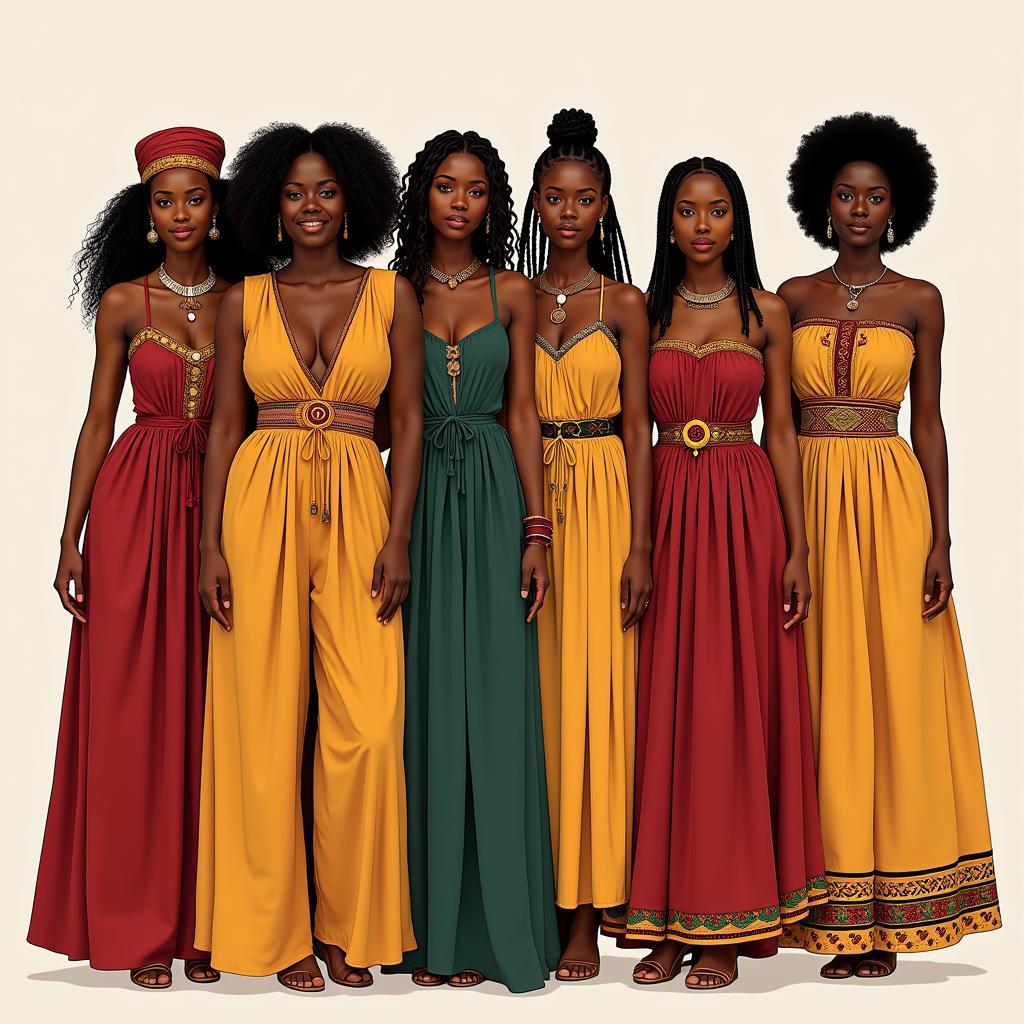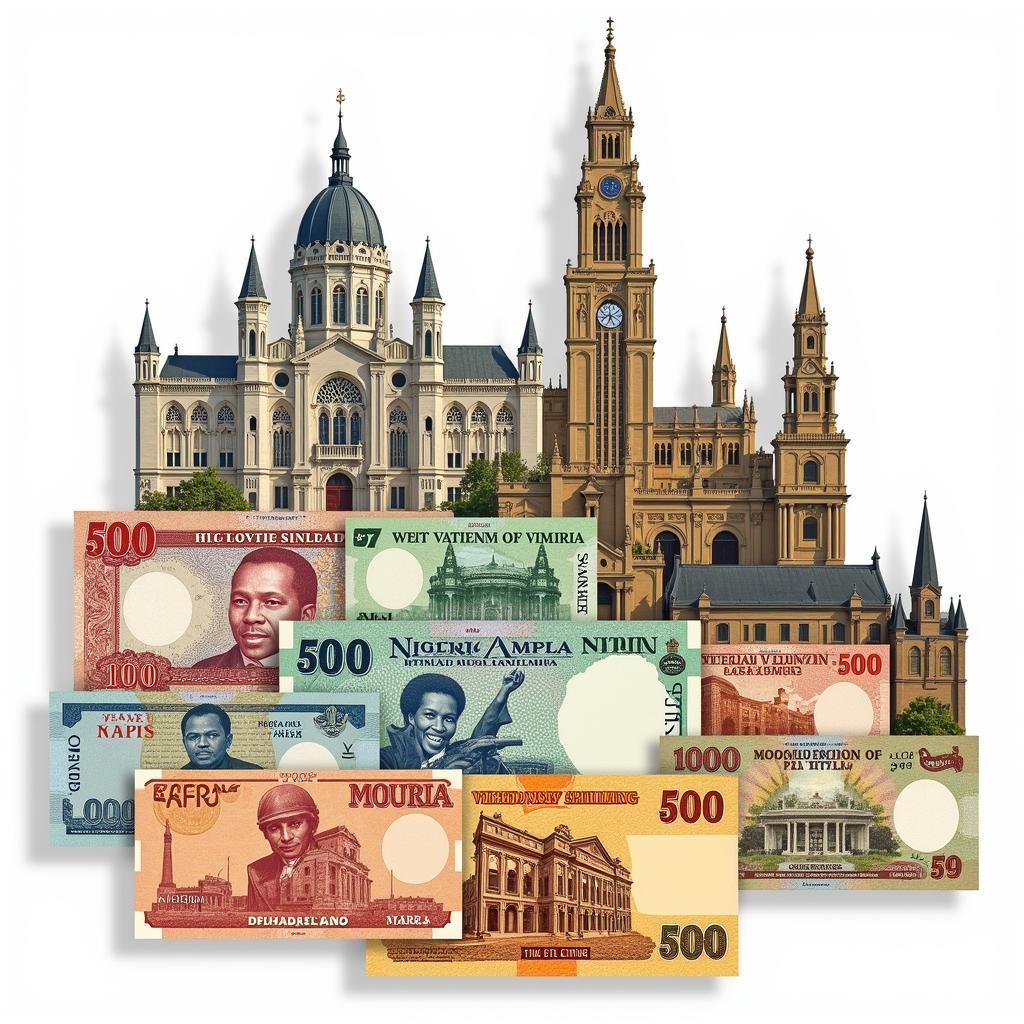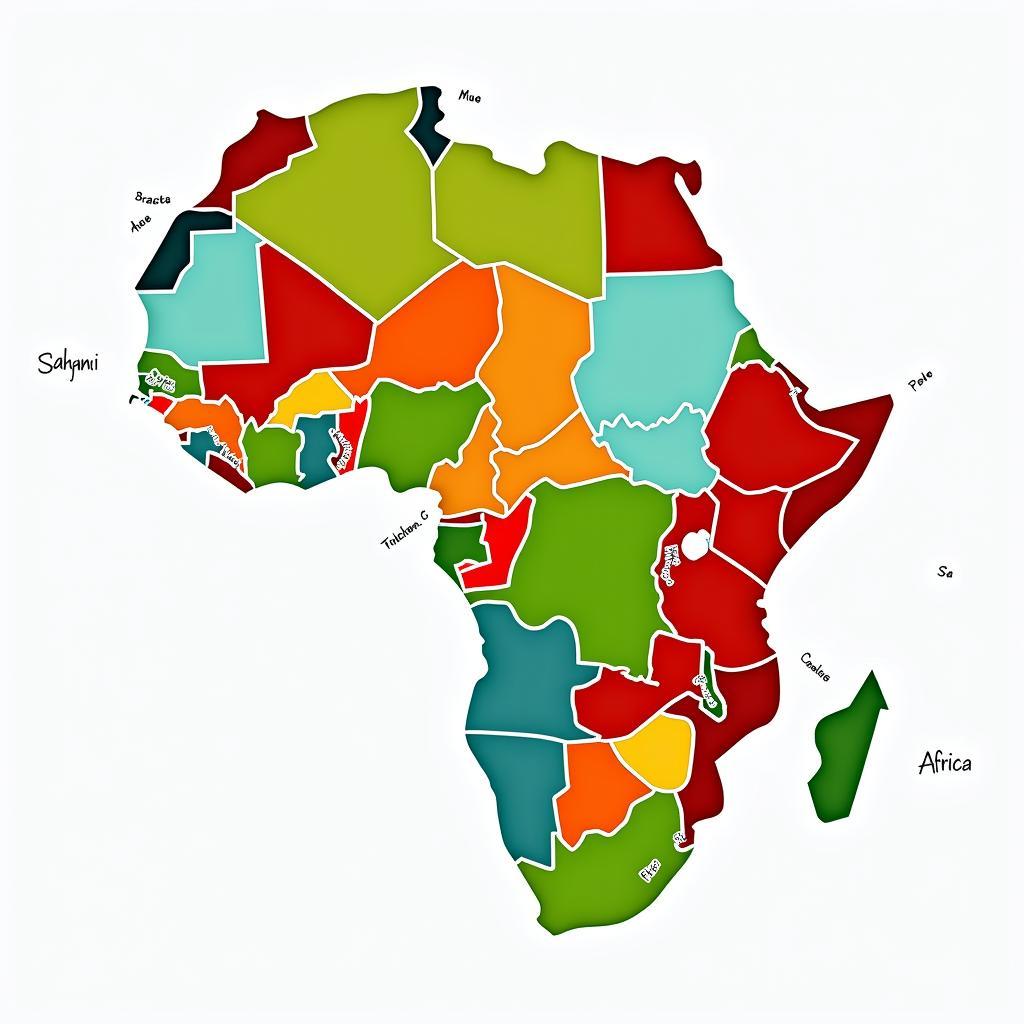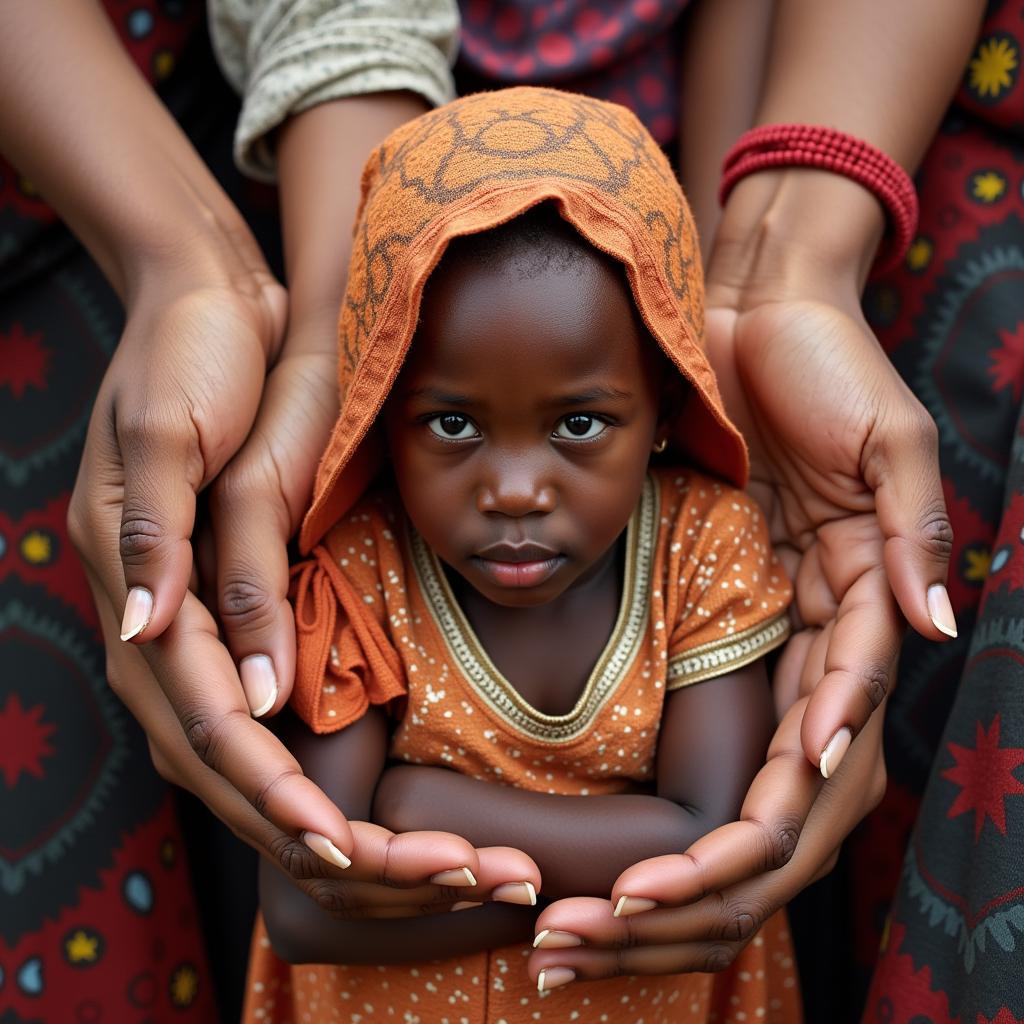African National Congress Definition: A Deep Dive into South Africa’s Leading Political Party
The African National Congress (ANC) is a dominant force in South African politics. This article delves into the ANC’s history, ideology, structure, and influence, providing a comprehensive understanding of its role in shaping South Africa. From its origins in the early 20th century to its current position, we will explore the multifaceted nature of this pivotal political organization.
Understanding the African National Congress: A Historical Overview
The ANC’s roots lie in the struggle against racial segregation and oppression in South Africa. Formed in 1912 as the South African Native National Congress (SANNC), its initial aim was to secure voting rights and improve the living conditions of Black South Africans. The organization adopted its current name, the African National Congress, in 1923. The early decades of the ANC were marked by peaceful protests and petitions, advocating for equality within a system increasingly characterized by discriminatory laws.
From Peaceful Protest to Armed Resistance: The ANC’s Shifting Strategies
As the apartheid regime intensified its oppressive policies, the ANC shifted from non-violent resistance to armed struggle. In 1961, the ANC’s armed wing, Umkhonto we Sizwe (Spear of the Nation), was established, marking a turning point in the fight against apartheid. This period saw the ANC operating underground and in exile, with leaders like Nelson Mandela imprisoned for their activism. The international community increasingly condemned apartheid, imposing sanctions on South Africa and supporting the ANC’s struggle.
The African National Congress’s Ideology and Core Values
The ANC’s ideology is rooted in the principles of social justice, equality, and democracy. Its core values include non-racialism, a commitment to building a united and democratic South Africa free from discrimination. The ANC also advocates for social and economic transformation, aiming to address the historical inequalities created by apartheid. Over the years, the ANC’s ideology has evolved, adapting to the changing political landscape and the needs of a post-apartheid South Africa.
The African National Congress in Post-Apartheid South Africa
With the dismantling of apartheid and the first democratic elections in 1994, the ANC emerged as the ruling party, a position it has held ever since. Nelson Mandela, the iconic leader of the ANC, became South Africa’s first democratically elected president. The ANC-led government implemented significant reforms, including the establishment of a new constitution and the creation of institutions to promote reconciliation and redress past injustices.
The Structure and Organization of the African National Congress
The ANC has a complex organizational structure, with branches at the local, regional, and national levels. The National Executive Committee (NEC) is the highest decision-making body of the ANC. The party holds regular national conferences to elect its leadership and set its policy direction. The ANC also has a youth league and a women’s league, which play important roles in mobilizing support and advocating for specific constituencies within the party.
Challenges and Criticisms Facing the African National Congress Definition
Despite its historical significance and continued dominance, the ANC has faced numerous challenges and criticisms in recent years. Allegations of corruption, factionalism, and service delivery failures have eroded public trust in the party. The ANC has also been criticized for its handling of socioeconomic issues, including poverty, unemployment, and inequality, which persist despite significant progress made since the end of apartheid.
Conclusion: The African National Congress and the Future of South Africa
The African National Congress has played a pivotal role in shaping South Africa’s history. From its origins as a liberation movement to its current position as the ruling party, the ANC has been at the forefront of the struggle for equality and democracy. However, the party faces significant challenges in addressing the complex issues facing South Africa today. The future of the ANC and its ability to effectively govern will depend on its capacity to renew itself, address internal divisions, and regain public trust.
FAQ
- What does ANC stand for? ANC stands for African National Congress.
- When was the ANC founded? The ANC was founded in 1912.
- Who was the first president of the ANC? John Langalibalele Dube was the first president of the ANC.
- What is the role of the ANC in South Africa? The ANC is the current ruling party in South Africa.
- What are some of the challenges facing the ANC? The ANC faces challenges such as corruption allegations and internal divisions.
- What were the initial aims of the ANC? The ANC’s initial aims were to secure voting rights and improve the living conditions of Black South Africans.
- What is Umkhonto we Sizwe? Umkhonto we Sizwe was the armed wing of the ANC.
You might also be interested in reading more about the history of apartheid in South Africa or exploring the biographies of key ANC figures like Nelson Mandela and Oliver Tambo. For further information and assistance, please contact us: Phone: +255768904061, Email: kaka.mag@gmail.com or visit our office at Mbarali DC Mawindi, Kangaga, Tanzania. We have a 24/7 customer service team ready to assist you.



